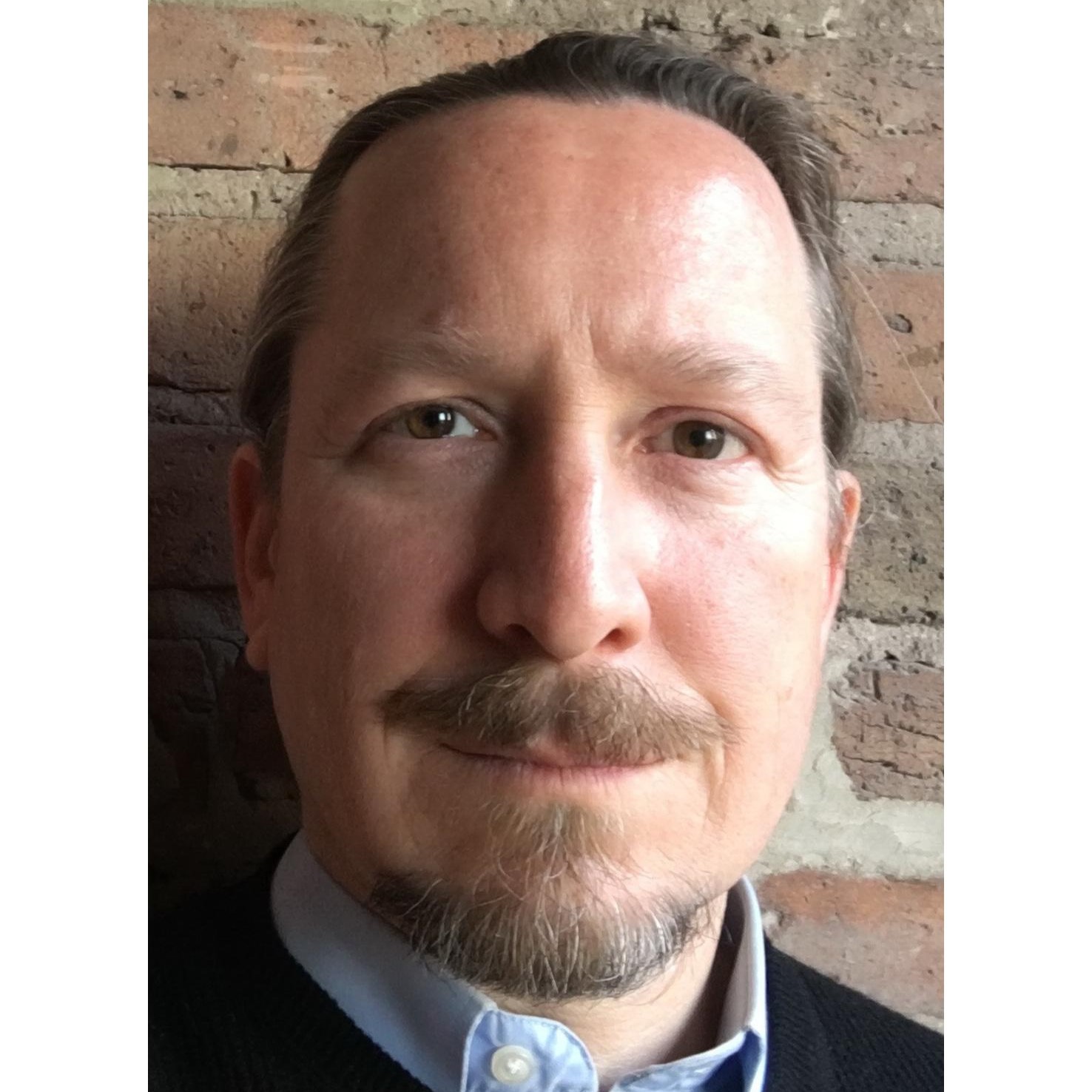In the United States and in much of the world, our lives are directly or indirectly dependent on financial markets to access key resources such as an automobile or home, to move money into the future so that we can stop working before we die, and to access fundamental needs such as healthcare and an education. Unfortunately, even highly regulated financial markets are saturated with financial professionals’ exploitation of information and power asymmetries, conflicts of interest, and financial instruments designed with negative externalities. Moreover, many financial markets are lightly regulated and rely on self-regulation. In an aspiringly democratic society, how can outside critics—such as social movements, policy makers, politicians, academics, and even regulators—understand financial markets and instruments sufficiently to morally and normatively evaluate them? Even more challenging, how can outsiders use their hard-won understanding to advocate for and create normatively and morally better forms of finance, particularly when the social change may not be in financial insiders’ short-term interest? To explore questions such as these, Dr. Pitluck will describe his research in global Islamic investment banks in Malaysia to understand how moral critics such as Shariah scholars are engaging with financial expert communities and conducting a deep structural change of financial markets. The presentation will outline how this organizational and institutional structure allows Shariah scholars to induce an understanding of what Islamic finance is and to pragmatically co-produce with investment bankers a movement towards this moral and normative vision.
Aaron Z. Pitluck (he/him) is a Professor of Sociology at Illinois State University and currently serves on the Executive Committee of the International Sociological Association.
Drawing on economic sociology, anthropology, and cultural analysis, his research interests center on financial actors, organizations, markets, and institutions, particularly in the Global South.
While at the ABF, he is writing an interdisciplinary book describing how investment bankers, Shariah scholars, and the state are co-producing Islamic banking and finance in Malaysia. By investigating this case study, the book seeks to distinguish empowering from exploitative finance and to contribute to understanding how to alter the trajectory of finance towards the former.


